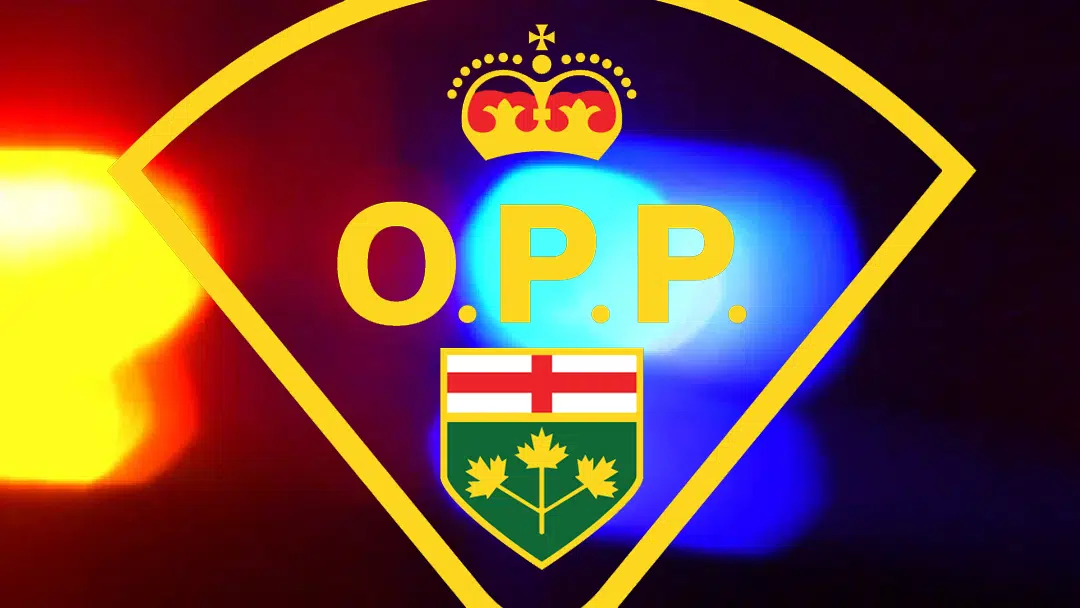
Source: OPP
South Bruce OPP are asking you to be on the lookout for cons and scams over the holidays after two recent reports of successful scams in Southern Bruce County.
OPP say these scams are referred to as “successful” because the con artist received a payment.
Police say on December 9th, a resident in the Township of Huron Kinloss reported losing $8,000 to a con artist. According to police, the scammer identified themselves as a police officer and “collected” the money to help a grandchild.
On December 8th, a resident in the Municipality of Kincardine reported losing $9,200 to a scam involving an online currency transaction.
Police are asking you to remember tech-savvy con artists can create very convincing scams to trick you into giving them money and they can very convincingly pretend to work for an established, well-known business, or even a branch of the government. OPP say scammers will often have some basic information about you before they call.
South Bruce OPP are sharing some tips from the Canadian Anti-Fraud Centre (CAFC) “12 scams of the holidays” to help raise awareness and prevent further victims of Fraud:
Counterfeit Merchandise – watch for flashy ads directing you to a website that looks like a legitimate business
Selling Goods & Services Online – be suspicious of over payments and ensure you have a legitimate payment before you send the product
Crypto Investments – con artists use social media and fraudulent websites. Do your homework before you consider sending money. Verify the company’s registry using the National Registration Tool: www.aretheyregistered.ca
Romance Scams – an attractive fake identity, loving messages and sweet promises help a con artist maximize their payday
Online Shopping – Fake ads are posted for items that do not exist. The listing price is usually “too good to be true”
Phishing Emails and Texts – Con artists send out messages from a recognizable source. A financial institution, shipping company, Telecommunications Company, service provider, etc. asking you to submit or confirm your identity. They may include a malicious link embedded in the message
Secret Santa – gift exchange typically posted on social media. Sending one gift leads to receiving multiple gifts in return. The exchange collects some of your personal information and pyramid schemes are illegal in Canada
Prize Notifications – you receive a letter, phone call, or online message that you’re the big winner. Simply confirm your personal information and cover the fees to collect your prize. Remember: you can’t win a contest that you didn’t enter in the first place
Emergency Scam – someone close to you reaches out with an urgent need for money, but you have to keep it a secret. Always take the time to verify that this is a legitimate contact and not a con artist pretending to be someone your care about
Gift Cards – have become a popular and convenient way to give a gift. Think of them like cash – once exchanged, it’s unlikely you’ll ever get your money back. They are not meant for payments and no legitimate business (or branch of the Government) will request them, especially under pressure
Identity Theft – this is a hectic time of year. Make sure you keep your wallet on your person and always protect your Personal Identification Number (PIN)
Identity Fraud – OPP say con artists love a good shopping spree – especially with your name and money. Call your financial institution and the credit bureaus, Equifax Canada and TransUnion Canada, as soon as you notice:
o Suspicious activity on your statement
o Unauthorized activity on your credit report
o Letters approving or declining credit you didn’t apply for
o Re-routed mail
o Bills from service providers you don’t use
o Your information compromised in a database breach
Police say you should pay close attention to any unsolicited contact – meaning that you didn’t ask for it. Whether it’s a knock on the door, phone call, letter, fax or email – always verify the contact is legitimate before you ever consider sending money. This is your best defense against Fraud.
Anyone who is interested in more information on fraud can contact the Canadian Anti-Fraud Centre at 1 888 495 8501 or visit them online at http://www.antifraudcentre.ca/.



